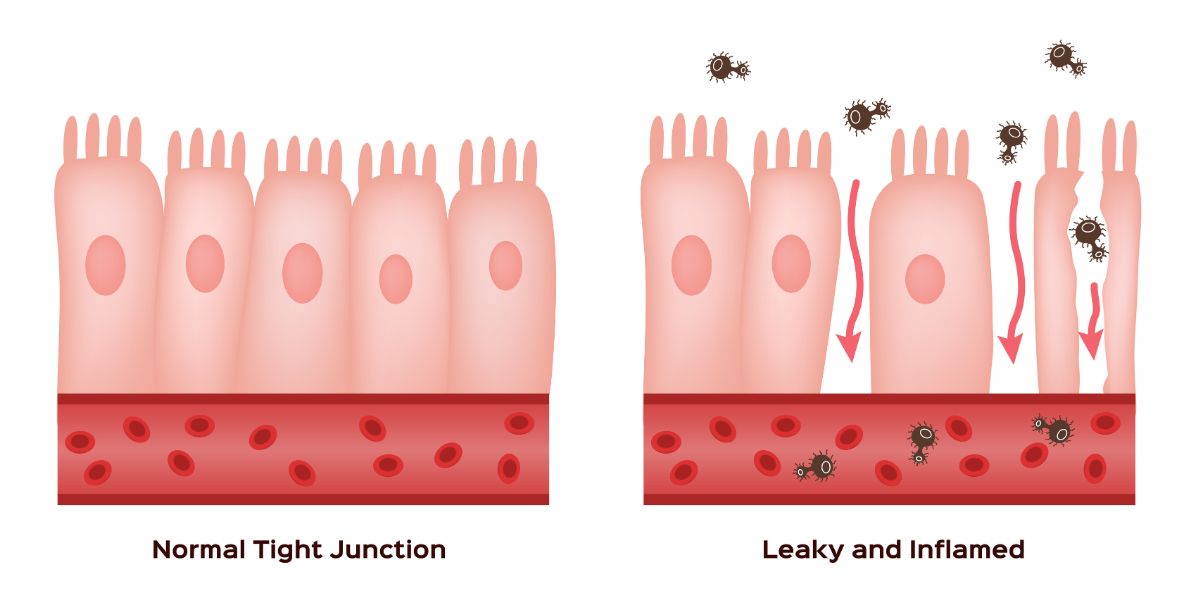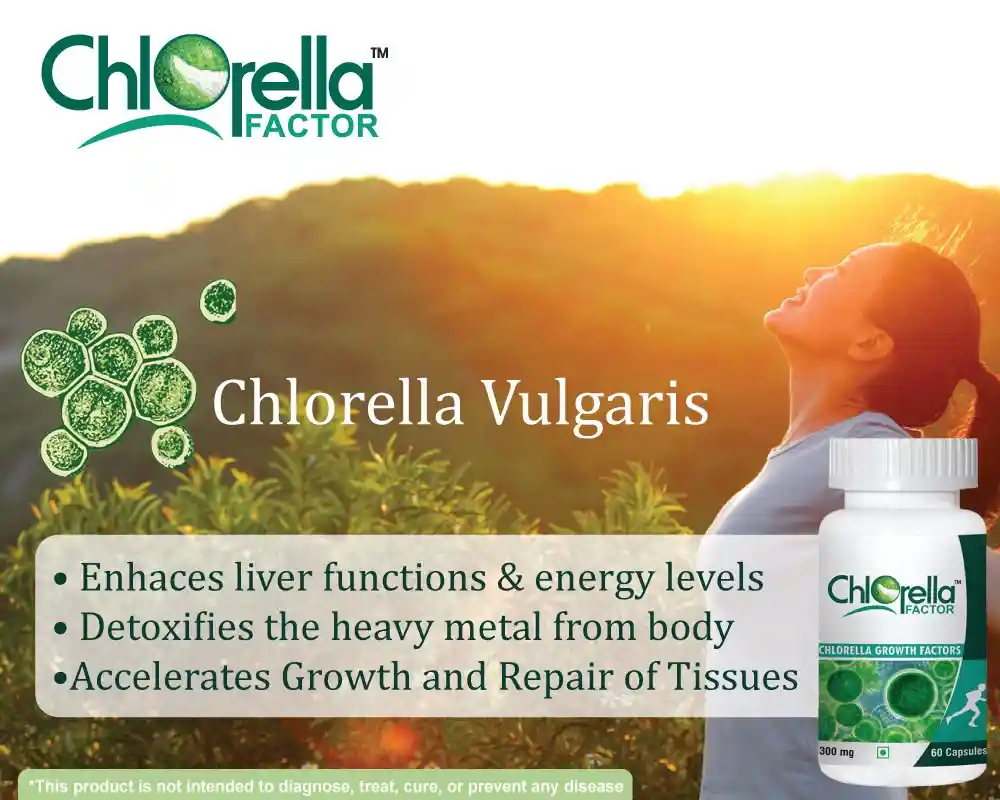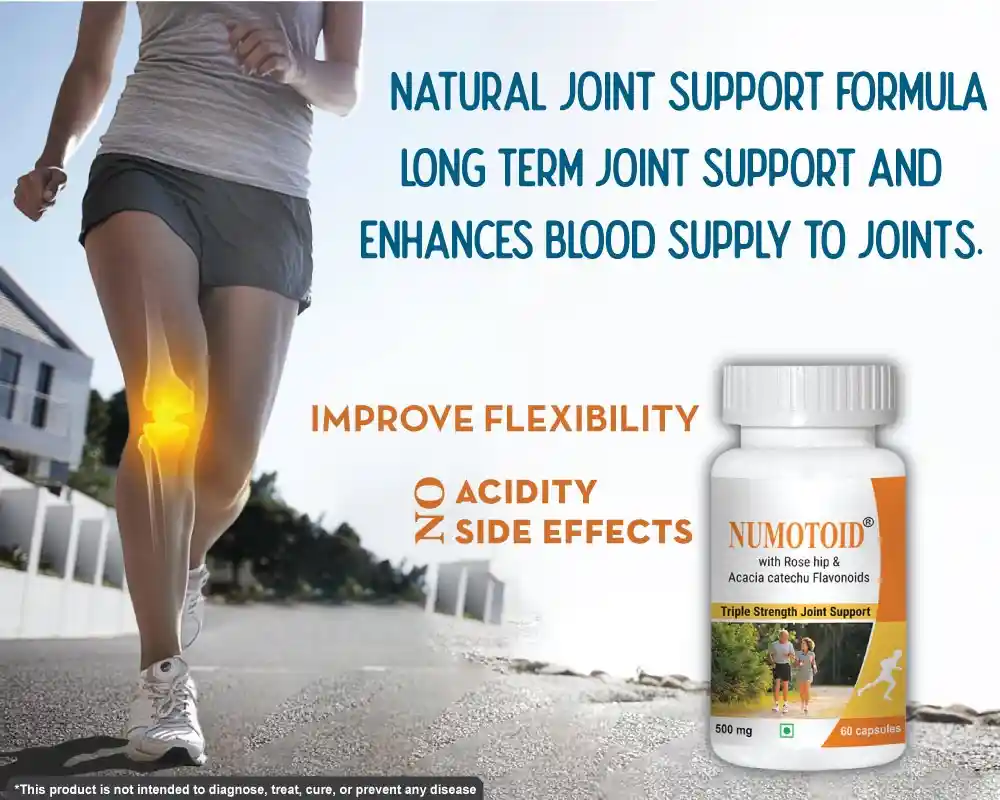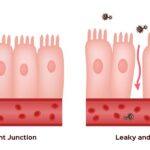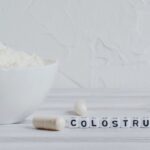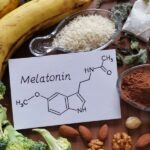Nutrition strategies and supplements may have a role to play in diminishing exercise associated gastrointestinal cell damage and permeability. The aim of this systematic review was to determine the influence of dietary supplements on markers of exercise-induced gut endothelial cell damage and/or permeability. Five databases were searched through to February 2021. Studies were selected that evaluated indirect markers of gut endothelial cell damage and permeability in response to exercise with and without a specified supplement, including with and without water. Acute and chronic supplementation protocols were included. Twenty-seven studies were included. The studies investigated a wide range of supplements including bovine colostrum, glutamine, probiotics, supplemental carbohydrate and protein, nitrate or nitrate precursors and water across a variety of endurance exercise protocols. The majority of studies using bovine colostrum and glutamine demonstrated a reduction in selected markers of gut cell damage and permeability compared to placebo conditions. Carbohydrate intake before and during exercise and maintaining euhydration may partially mitigate gut damage and permeability but coincide with other performance nutrition strategies. Single strain probiotic strains showed some positive findings, but the results are likely strain, dosage and duration specific. Bovine colostrum, glutamine, carbohydrate supplementation and maintaining euhydration may reduce exercise-associated endothelial damage and improve gut permeability. In spite of a large heterogeneity across the selected studies, appropriate inclusion of different nutrition strategies could mitigate the initial phases of gastrointestinal cell disturbances in athletes associated with exercise. However, research is needed to clarify if this will contribute to improved athlete gastrointestinal and performance outcomes.
-PLoS ONE 17(4): e0266379. doi:10.1371/journal.pone.0266379

